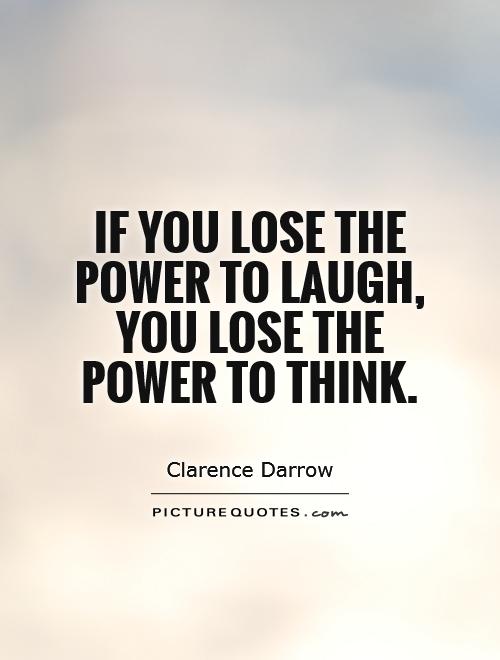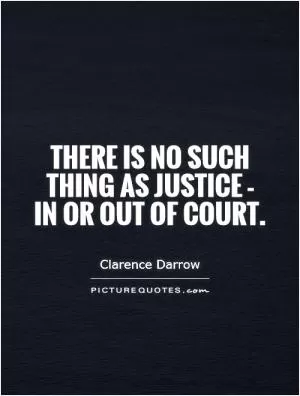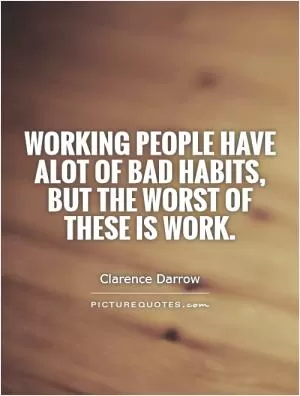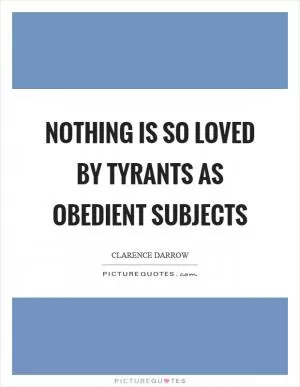If you lose the power to laugh, you lose the power to think

If you lose the power to laugh, you lose the power to think
Clarence Darrow, the renowned American lawyer and civil libertarian, was a man known for his sharp wit and sense of humor. He believed that laughter was not only a source of joy and entertainment, but also a powerful tool for critical thinking and intellectual growth. Darrow famously said, “If you lose the power to laugh, you lose the power to think,” highlighting the close connection between humor and cognitive abilities.Darrow understood that laughter has the ability to break down barriers, challenge assumptions, and stimulate creativity. When we laugh, we are able to see things from a different perspective, question the status quo, and think outside the box. Humor can help us navigate complex issues and find innovative solutions to problems. Darrow used his wit and humor to challenge conventional wisdom and advocate for social justice and equality.
In his legal career, Darrow often used humor to disarm his opponents and win over juries. He understood that laughter has the power to build rapport and establish a connection with others. By making people laugh, Darrow was able to engage them in a more meaningful way and persuade them to see things from his point of view. His ability to use humor as a persuasive tool made him one of the most successful trial lawyers of his time.
Darrow’s belief in the power of laughter to enhance critical thinking is supported by scientific research. Studies have shown that humor can improve cognitive function, enhance problem-solving skills, and boost creativity. Laughter releases endorphins in the brain, which can improve mood and increase mental clarity. When we are in a positive state of mind, we are more open to new ideas and better able to think critically about complex issues.












 Friendship Quotes
Friendship Quotes Love Quotes
Love Quotes Life Quotes
Life Quotes Funny Quotes
Funny Quotes Motivational Quotes
Motivational Quotes Inspirational Quotes
Inspirational Quotes